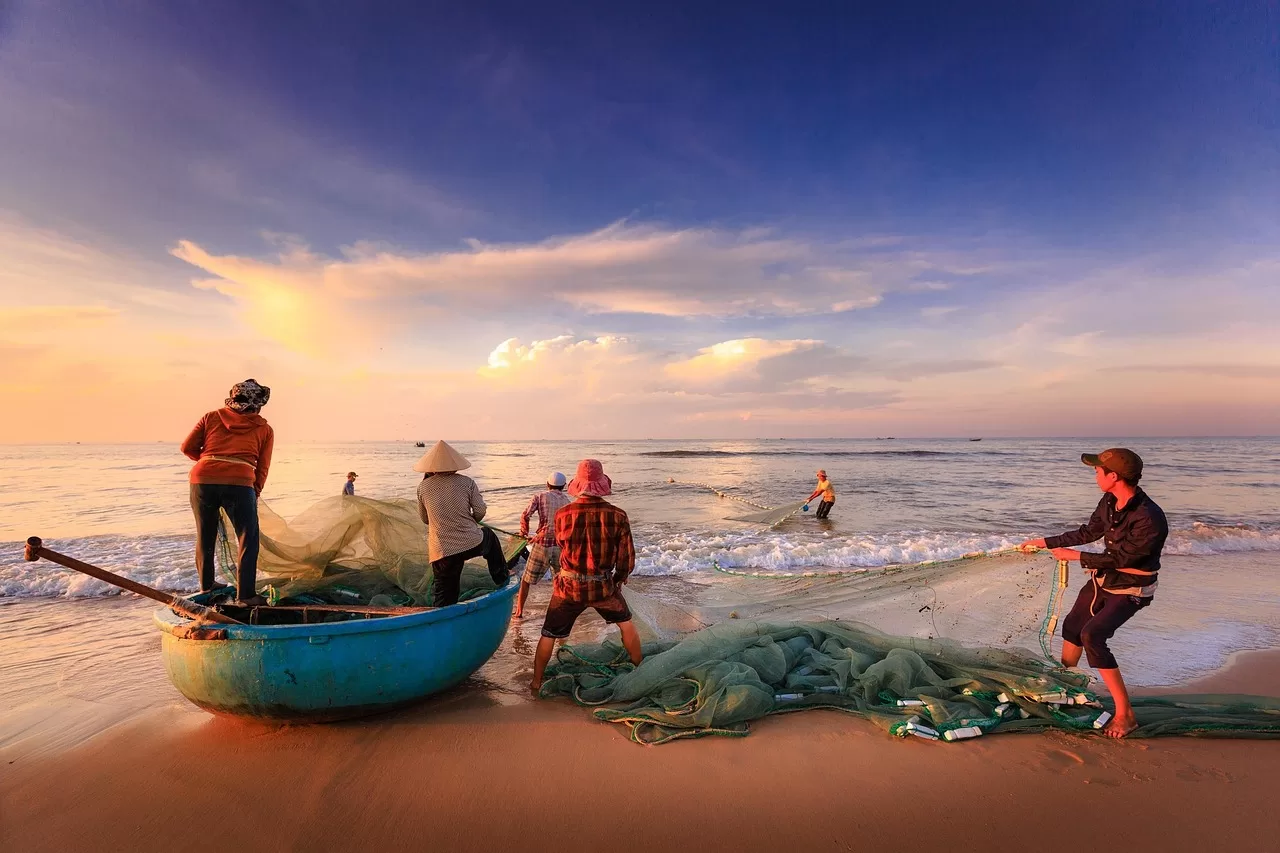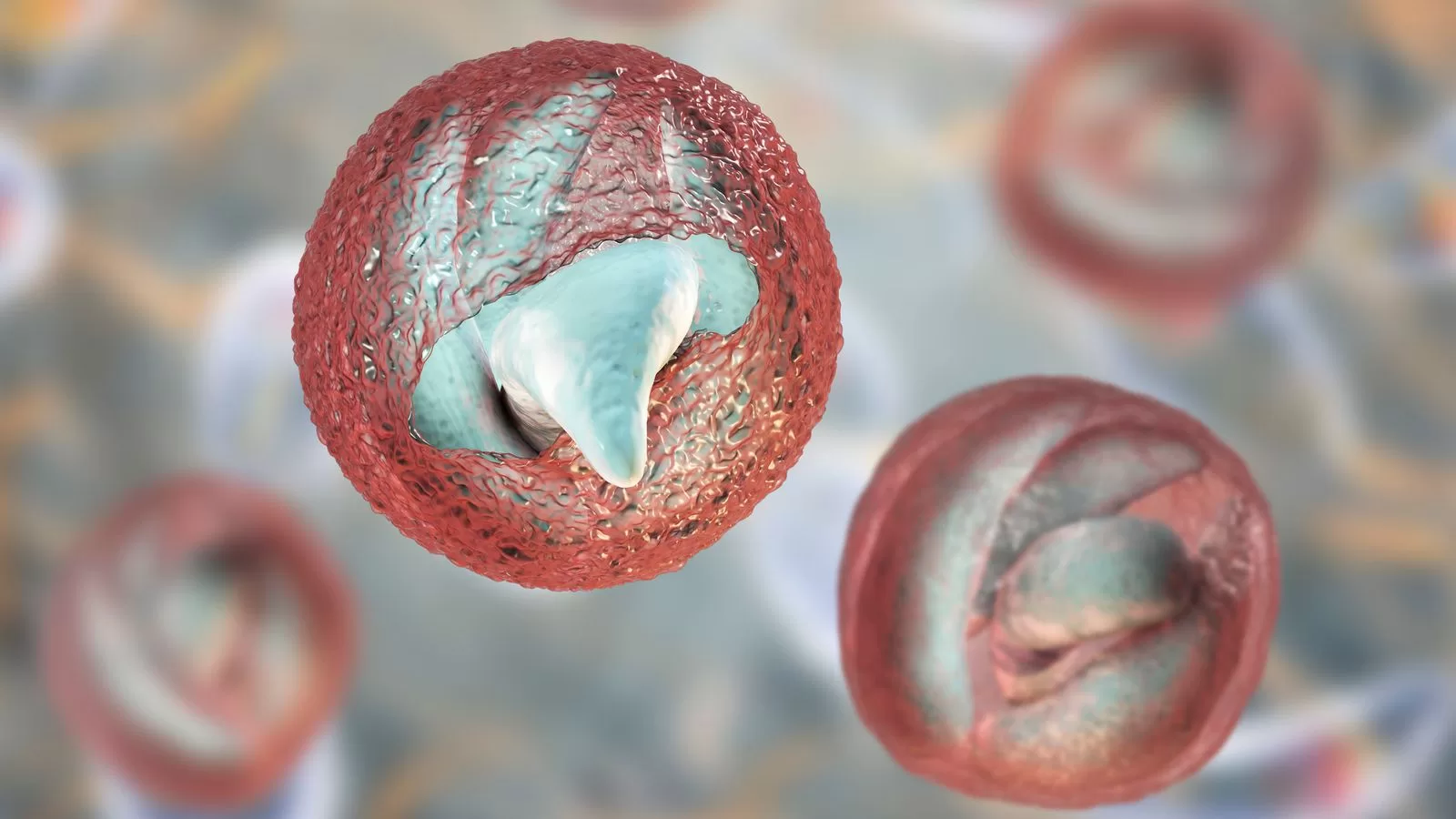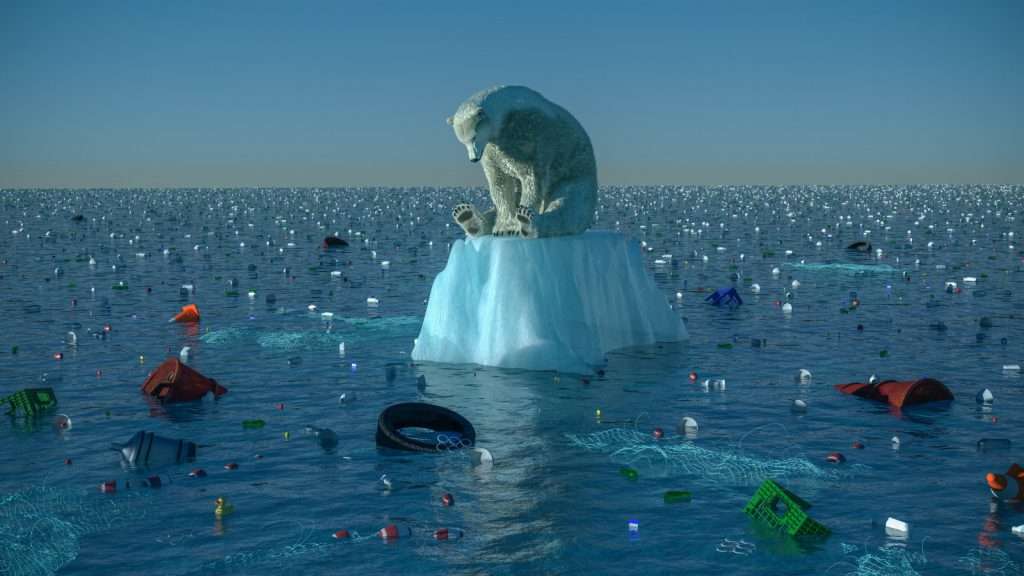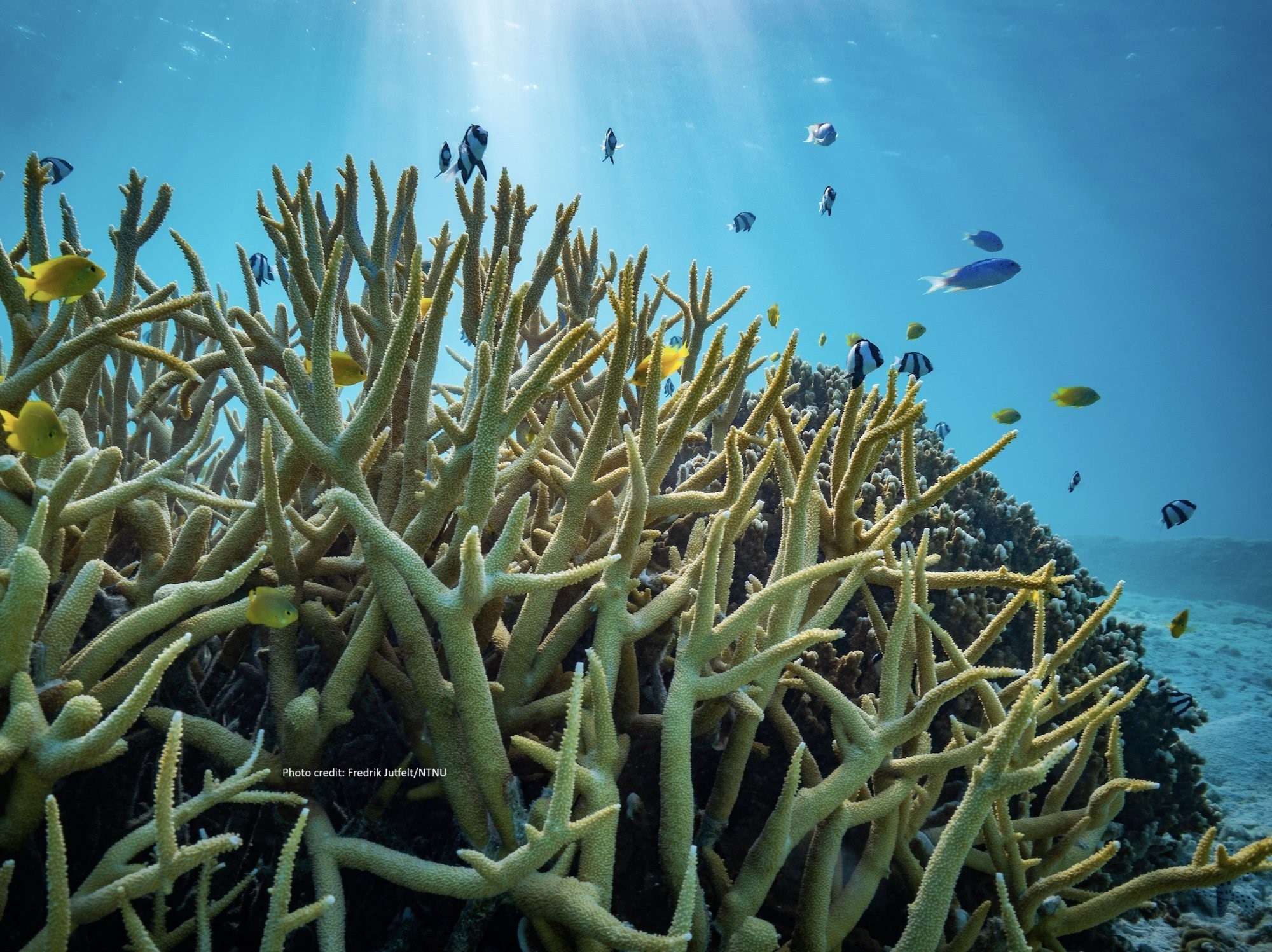Safeguarding Brisbane Waterways: How Bacteria Threaten Public Health and Dreams of a Spectacular Olympics
The Olympics are one of the most prestigious global events, eagerly awaited by athletes and sports aficionados alike. While athletes strive for glory and a podium finish, host nations and cities aim to gain international prestige through the successful delivery of the Games. To achieve this, they often focus on large-scale infrastructure, including stadiums, athlete […]






























